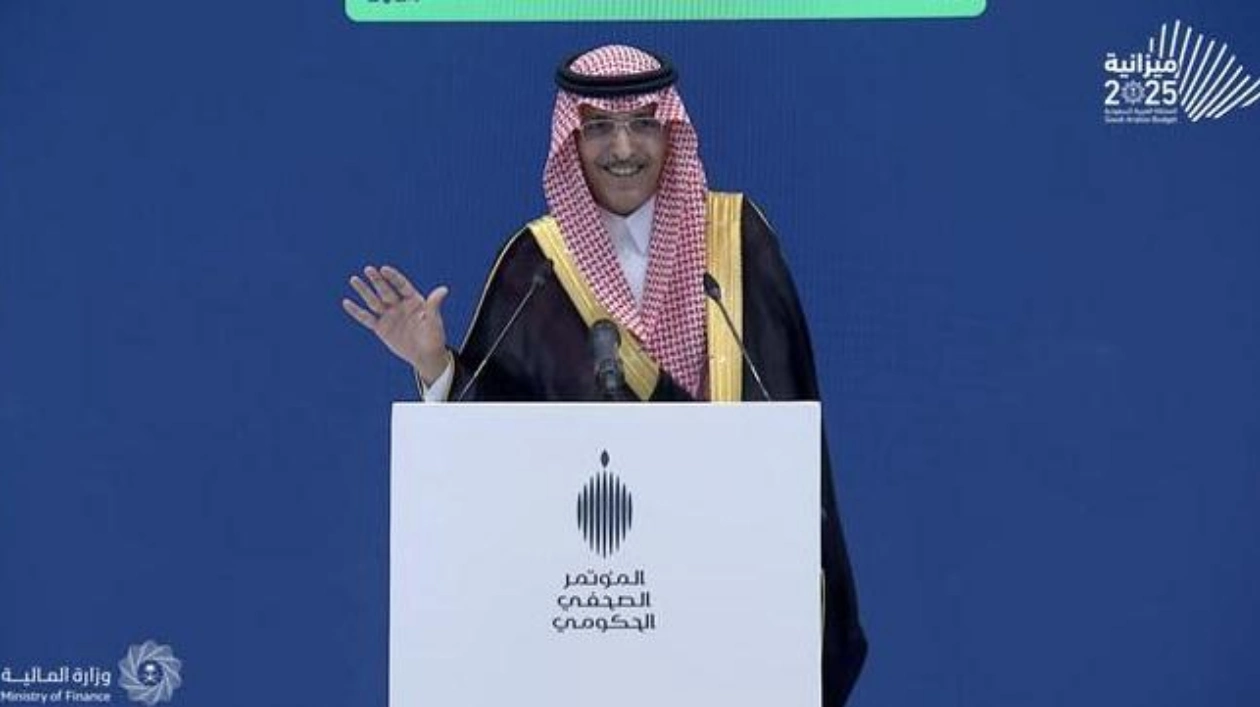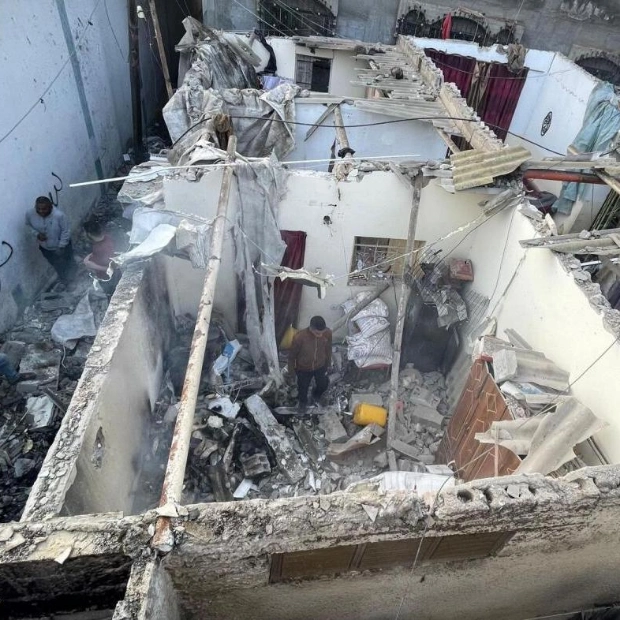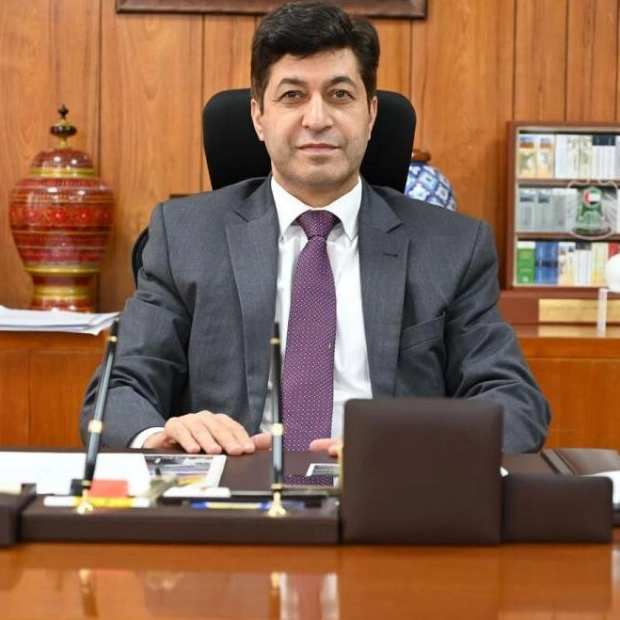RIYADH: Saudi Arabia has seen a significant increase in spending on Vision 2030 programs, with an annual growth rate of 33.8 percent since the launch of the Kingdom’s economic development initiative.
Finance Minister Mohammed Al-Jadaan made this announcement following the approval of the budget. He explained that the 2025 budget is structured to sustain strategic investments in developmental projects, in line with the sectoral strategies and programs outlined under Saudi Vision 2030.
On Tuesday, Saudi Arabia approved its state budget for fiscal year 2025, projecting revenues of SR1.18 trillion ($315.73 billion) and expenditures of SR1.28 trillion, resulting in a deficit of SR101 billion. The minister stressed that the government is committed to projects that offer sustainable economic, social, and environmental benefits, including enhancing the business environment, improving the trade balance, and attracting both domestic and foreign investments.
Al-Jadaan noted during a press conference that the nominal GDP has grown substantially from 2015 to 2023. He also highlighted the increasing contribution of non-oil sectors to the country’s GDP, rising from approximately 47 percent in 2016 to around 52 percent by the end of the first half of 2024.
The finance minister reiterated the government’s focus on meeting citizens' basic needs, particularly in education, health, and social services. He emphasized the planned expansion of government services to improve their quality and impact on job creation, business opportunities, and the sustainability of the Saudi economy.
Al-Jadaan expressed optimism about the Kingdom’s economic indicators, noting that the growth of non-oil GDP has supported overall GDP growth. He clarified that the projected deficit in the 2025 budget aligns with the government’s financial planning framework, and that Saudi Arabia will continue to use both local and international financing to cover the deficit and meet debt obligations.
The minister also discussed the importance of sectors such as industry, tourism, transportation and logistics, and energy in driving economic growth. He emphasized the role of Saudi Aramco in supporting government revenue and the government’s efforts to control fuel prices.
Finally, Al-Jadaan addressed major infrastructure projects like NEOM, Qiddiya, Diriyah Gate, and the Red Sea Project, noting that these initiatives are managed by dedicated companies with their own budgets, funded by the sovereign fund rather than the public treasury.
In conclusion, Al-Jadaan affirmed that the Saudi economy is on a positive trajectory due to the government’s proactive policies and long-term planning, positioning the Kingdom to effectively navigate both local and global challenges.
Source link: https://www.arabnews.com






